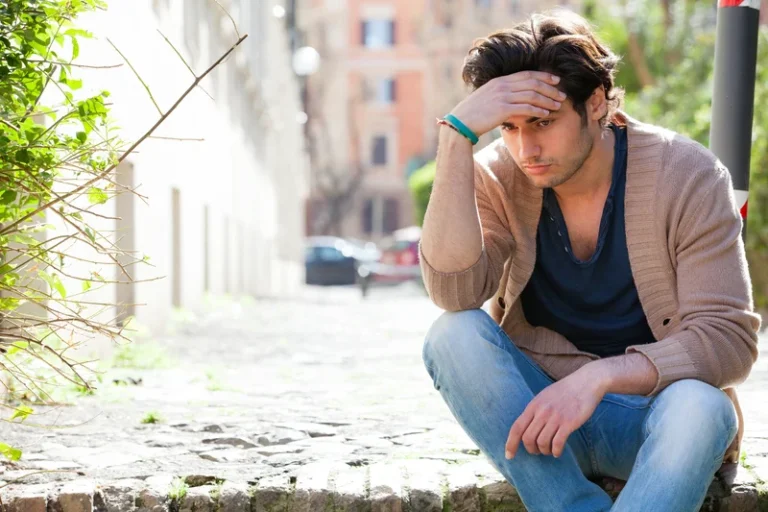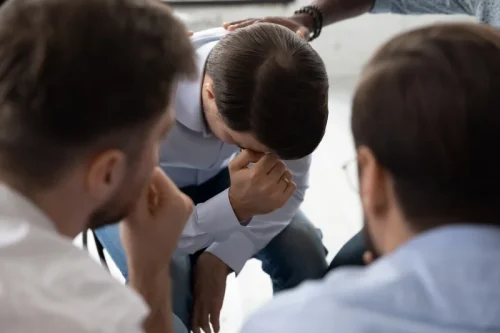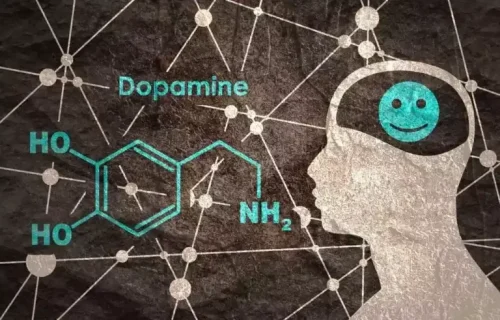Why You Should Limit Alcohol Before Bed for Better Sleep

In addition to altering your sleep architecture, alcohol can disrupt your sleep by interfering with contributing to sleep disorders and interfering with circadian rhythms. Before we look at the effects of alcohol on sleep in detail, here’s the basic bottom line. The more you drink, and the closer your drinking is to bedtime, the more it will negatively impact your sleep. Even moderate amounts of alcohol does alcohol help you sleep in your system at bedtime alters sleep architecture—the natural flow of sleep through different stages. It also leads to lighter, more restless sleep as the night wears on, diminished sleep quality, and next-day fatigue. Some studies suggest that alcohol can help extend your sleep if these sedative effects are timed with the early phases of sleep, since you’re more likely to fall and stay asleep sooner.

Alcohol and Insomnia: That Nightcap Might Keep You Up at Night

If you drink when your energy is naturally rising (like in the early evening), alcohol may be more stimulating and increase how long it takes to fall asleep. Plus, we’ll cover how you can use the RISE app to get a better night’s sleep, whether you’re drinking or not. If alcohol continues to disrupt your overall sleep quality, you may consider cutting it out entirely, or limiting your intake before bedtime. If you’ve stopped drinking alcohol, but are still having sleep issues, be sure to reach out to a sleep specialist. Alcohol can have a sedative or stimulant effect depending on the dose and the time between drinking and bedtime.

Alcohol and Sleep Disorders
If you’re struggling to get enough quality rest, talk to a health care professional about ways to improve your sleep. Making a plan to focus on better sleep habits can help you feel your best and improve your overall health. “If you experience insomnia, mood imbalances and other brain symptoms, it may be best to cut back alcohol intake overall,” Dr. Scheller adds. “Many people find that while it initially seems difficult to break the habit of using alcohol to induce sleep, they soon adjust and experience better sleep and energy overall,” she continues. This may result in the person verbally or physically acting out their dreams, which may cause abnormal behaviors such as kicking, flailing, jumping or yelling during sleep.
Healthy Bedtime Snacks To Eat Before Sleep
- If alcohol continues to disrupt your overall sleep quality, you may consider cutting it out entirely, or limiting your intake before bedtime.
- When a person has sleep apnea, they have interrupted breathing during the night.
Small amounts of alcohol may cause short-term sleep disturbances, but frequent and large quantities of alcohol consumption may lead to chronic insomnia for certain individuals. But the more someone drinks, the more significant the impact, said Meadows, pointing to a 2018 study in the journal JMIR Mental Health. “First of all, it increases our initial deep sleep, disrupting our sleep stages’ overall balance,” he said.

Alcohol is classified as a central nervous system depressant, meaning it slows down brain activity. While “relaxed” may sound appealing, alcohol has also been shown to negatively affect sleep and other physiological processes that occur during sleep. So, does alcohol help you sleep or is it actually interfering with your quality of rest? Read on to find out how alcohol can affect your sleep, and why—as well as insight into the health benefits of getting enough shut-eye.
- That said, if you’re drinking half a bottle of Scotch before bed then it will, of course, disturb your sleep.
- So while cutting out drinking will likely benefit your sleep, there may be other factors affecting your shuteye.
- Women’s sleep is more disturbed by alcohol than men’s, Meadows said.
- Binge drinking occurs when a man has five drinks, or a woman has four drinks within two hours.
- With extended use of alcohol over time, there can be long-term concerns, too.
Although experts can’t be certain that alcohol directly causes insomnia, numerous studies have found a link between this sleep disorder and alcohol consumption. If you are one of the nearly two thirds of Americans who drink alcohol, chances are, you’ve had a drink in the hours before bedtime. Maybe you enjoy a glass of beer or wine after dinner, or your weekends include drinking with friends at bars or social events. Because of the damage that alcohol can do to your sleep cycles, sleep problems are common, even if you stop drinking. You may notice some worsened insomnia during alcohol withdrawal.
- Treating these conditions may be necessary as some individuals experience insomnia due to other health issues.
- RISE can tell you when exactly you should stop drinking alcohol based on your circadian rhythm, or body clock, each day.
- She is a registered nurse and currently works in the Intensive Care Unit.
- Alcohol consumption can lead to a lack of sufficient quality sleep, which can seriously affect cognitive functions such as learning and memory.
- If you’ve stopped drinking alcohol, but are still having sleep issues, be sure to reach out to a sleep specialist.
- Nearly half of adults over age 65 report having consumed alcohol in the past year, according to NCOA guest author and alcohol use researcher Paul Sacco.
- Below are some common questions around alcohol and sleep quality.
- Alcohol’s diuretic effect often exacerbates this fragmentation, increasing the need for nighttime bathroom visits and further disrupting sleep continuity.
- It should not be used in place of the advice of your physician or other qualified healthcare providers.
- People with insomnia may have difficulty falling asleep or keep waking up during the night.
Those who binge drank two days or more a week had a 64% greater chance of insomnia compared to non-binge drinkers. RISE users say making the connection between sleep debt and daytime energy levels is a game changer. For an expert’s take, we spoke to Rise Science sleep advisor and medical reviewer Dr. Chester Wu, who is double board certified in psychiatry and sleep medicine. Alcohol consumption https://ecosoberhouse.com/ can lead to a lack of sufficient quality sleep, which can seriously affect cognitive functions such as learning and memory. Alcohol consumption can lead to worsened snoring and induce sleep apnea, which prevents oxygen from reaching the body during sleep. Researchers believe the link between insomnia and alcohol consumption to be bidirectional, meaning that each contributes to the other.
Can alcohol cause insomnia in young adults?

However, in the second half of a night’s sleep, alcohol diminishes the amount of REM sleep. Alcohol’s negative effects on sleep quality worsen after several nights of drinking. As a general rule, Meadows said, people should aim to leave at least three to four hours between drinking and sleeping to avoid sleep disruption. “For the best sleep, try to have at least four alcohol-free nights every week,” Meadows said.
Individuals living with AUD experience much poorer sleep quality than those who consume moderate amounts of alcohol. They experience limited REM sleep, which can affect their health. Sure, that nightcap, last glass of wine or beer before bed may help you feel sleepy. But it can actually end up robbing you of a good night’s rest — or worse, could cause some challenging sleep problems. As your body metabolizes the alcohol and the sedative effects wear off, it can interfere with your circadian rhythm, and cause you to wake up frequently or before you’re properly rested.
